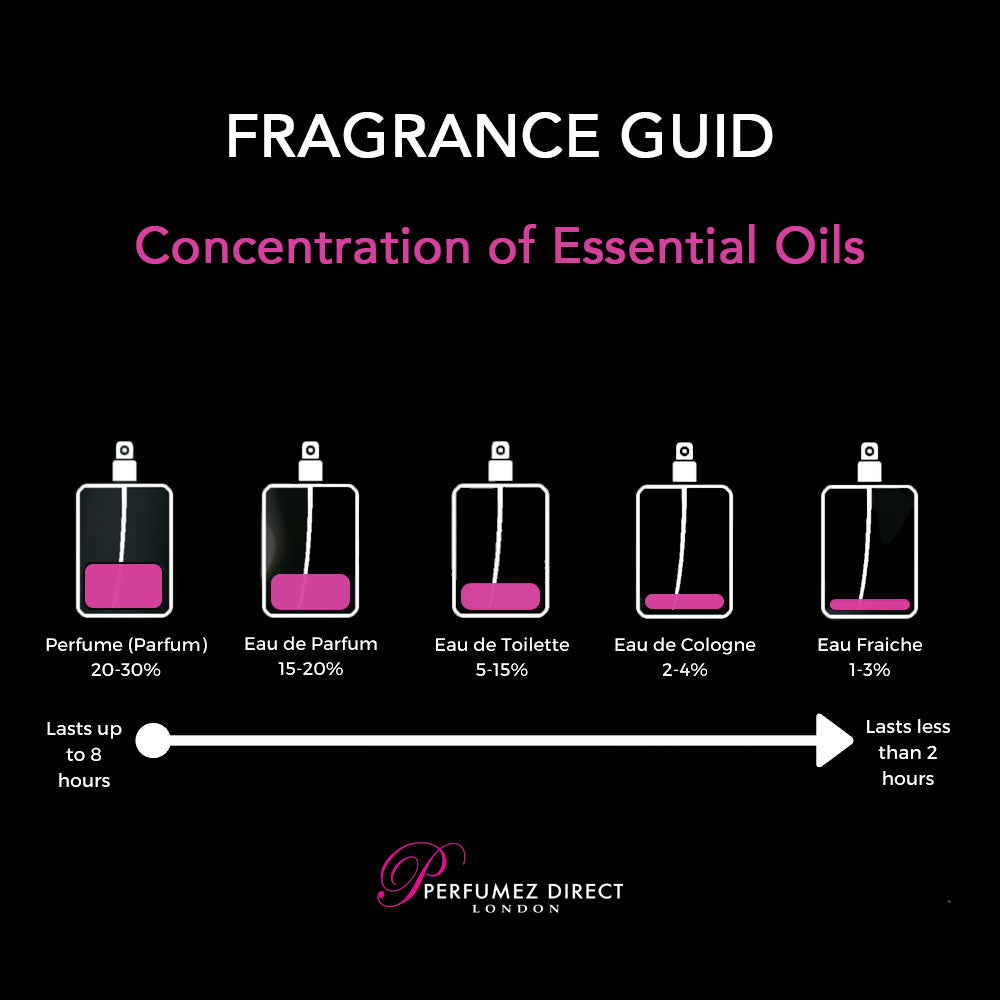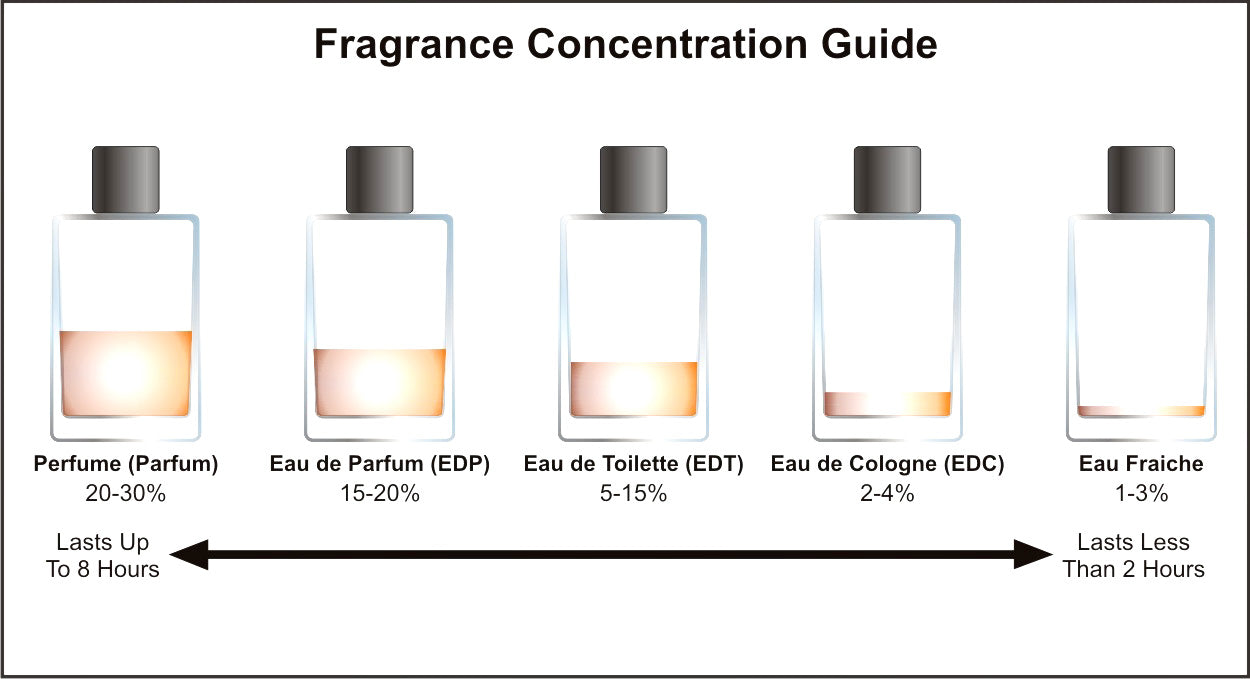Have you ever wondered what the difference is between perfume and parfum? While these terms are often used interchangeably, there are distinct differences that can significantly impact your fragrance choice. Understanding these distinctions is crucial for anyone looking to enhance their scent game.
Perfume and parfum might sound similar, but they represent different concentrations of aromatic compounds. This article will delve into the nuances of each, helping you make an informed decision when selecting your next fragrance.
By exploring their composition, longevity, and application, we aim to equip you with the knowledge to choose the perfect scent that aligns with your preferences and lifestyle.
Read also:Violet Brandani Squirt A Comprehensive Exploration Into The Phenomenon
Table of Contents
- Definition of Perfume and Parfum
- Composition Differences
- Longevity of Fragrance
- Application Techniques
- Types of Fragrance Concentrations
- Popular Brands and Products
- Cost Considerations
- Allergies and Sensitivities
- History of Fragrance
- Tips for Choosing the Right Fragrance
Definition of Perfume and Parfum
When discussing "perfume" and "parfum," it's essential to understand that these terms refer to the same product. The term "parfum" is simply the French word for perfume. However, the distinction lies in the concentration of fragrance oils within the product.
What is Perfume?
Perfume is a mixture of fragrant essential oils, aromatic compounds, fixatives, and solvents used to give the human body, objects, and living spaces a pleasant scent. Typically, perfume contains a higher concentration of aromatic compounds compared to other fragrance types.
What is Parfum?
Parfum, as mentioned earlier, is the French term for perfume. It represents the highest concentration of fragrance oils in a perfume product, making it the most long-lasting and intense option available.
Composition Differences
The primary difference between perfume and parfum lies in their composition. Understanding the makeup of these fragrances can help you appreciate their unique characteristics.
Key Components
- Essential Oils: The heart of any fragrance, providing its distinct aroma.
- Alcohol: Acts as a solvent and carrier for the essential oils.
- Water: Dilutes the fragrance to achieve the desired concentration.
Perfume typically contains between 15-30% aromatic compounds, while parfum often falls on the higher end of this spectrum.
Longevity of Fragrance
One of the most significant factors to consider when choosing between perfume and parfum is their longevity. Both options offer extended wear times, but parfum generally lasts longer due to its higher concentration of fragrance oils.
Read also:Discovering Lauren Alexis A Rising Star In The Digital World
Factors Affecting Longevity
- Skin Chemistry: Varies from person to person, affecting how long a fragrance lasts.
- Application Technique: Proper application can enhance longevity.
- Environmental Conditions: Heat and humidity can impact how long a scent lingers.
Studies show that parfum can last up to 6-8 hours, making it an excellent choice for special occasions or extended wear.
Application Techniques
Applying perfume or parfum correctly can significantly enhance its performance and longevity. Here are some tips to help you get the most out of your fragrance:
Best Practices
- Apply to Pulse Points: Areas like wrists, neck, and behind the ears enhance fragrance projection.
- Moisturize First: A well-moisturized skin acts as a better base for fragrance.
- Avoid Over-application: A little goes a long way; use sparingly for optimal results.
By following these techniques, you can ensure your fragrance remains noticeable and pleasant throughout the day.
Types of Fragrance Concentrations
Beyond perfume and parfum, there are several other fragrance concentrations to consider. Each type offers a unique experience, catering to different preferences and needs.
Common Concentrations
- Eau de Parfum (EDP): Contains 10-20% aromatic compounds.
- Eau de Toilette (EDT): Features 5-15% fragrance oils.
- Eau de Cologne (EDC): Typically has 2-4% concentration.
Understanding these variations allows you to select a fragrance that aligns with your desired intensity and longevity.
Popular Brands and Products
Many renowned brands offer exceptional perfume and parfum options, each with its unique appeal. Some of the most popular choices include:
Top Brands
- Chanel: Known for timeless classics like No. 5.
- Dior: Offers a range of luxurious scents, including J'adore.
- Tom Ford: Renowned for its high-end, sophisticated fragrances.
These brands consistently deliver high-quality products, ensuring a delightful fragrance experience.
Cost Considerations
The cost of perfume and parfum can vary significantly based on factors such as brand, concentration, and packaging. Generally, parfum tends to be more expensive due to its higher concentration of fragrance oils.
Value for Money
While parfum may come with a higher price tag, its longevity and intensity often justify the investment. For those on a budget, Eau de Parfum or Eau de Toilette might offer a more affordable alternative without compromising quality.
Allergies and Sensitivities
It's important to consider potential allergies or sensitivities when choosing a fragrance. Some individuals may react adversely to certain ingredients found in perfumes and parfums.
Common Allergens
- Alcohol: Can cause irritation for some users.
- Essential Oils: Certain oils may trigger allergic reactions.
- Preservatives: Used to extend shelf life, but can cause sensitivity.
Opting for hypoallergenic or fragrance-free options can help mitigate these risks for sensitive individuals.
History of Fragrance
The use of fragrances dates back thousands of years, with ancient civilizations employing aromatic substances for various purposes. From religious ceremonies to personal adornment, fragrance has played a significant role in human culture.
Evolution of Perfume
Over time, the art of perfumery has evolved, incorporating new techniques and ingredients to create the sophisticated scents we enjoy today. Understanding this rich history adds depth to our appreciation of modern fragrances.
Tips for Choosing the Right Fragrance
Selecting the perfect fragrance involves considering several factors, including personal preference, occasion, and lifestyle. Here are some tips to guide you in making the right choice:
Selection Tips
- Test on Skin: Fragrances can smell different on various skin types, so always test before purchasing.
- Consider Season: Lighter scents suit summer, while richer fragrances work well in colder months.
- Match to Personality: Choose a scent that reflects your unique style and character.
By keeping these tips in mind, you can find a fragrance that perfectly complements your individuality.
Conclusion
In conclusion, understanding the difference between perfume and parfum empowers you to make informed decisions when selecting your next fragrance. Both options offer unique advantages, from their composition and longevity to their application techniques and cost considerations.
We encourage you to explore the wide range of fragrances available and find the one that resonates with you. Share your thoughts and experiences in the comments below, and don't forget to explore other articles on our site for more insights into the world of fragrance.



